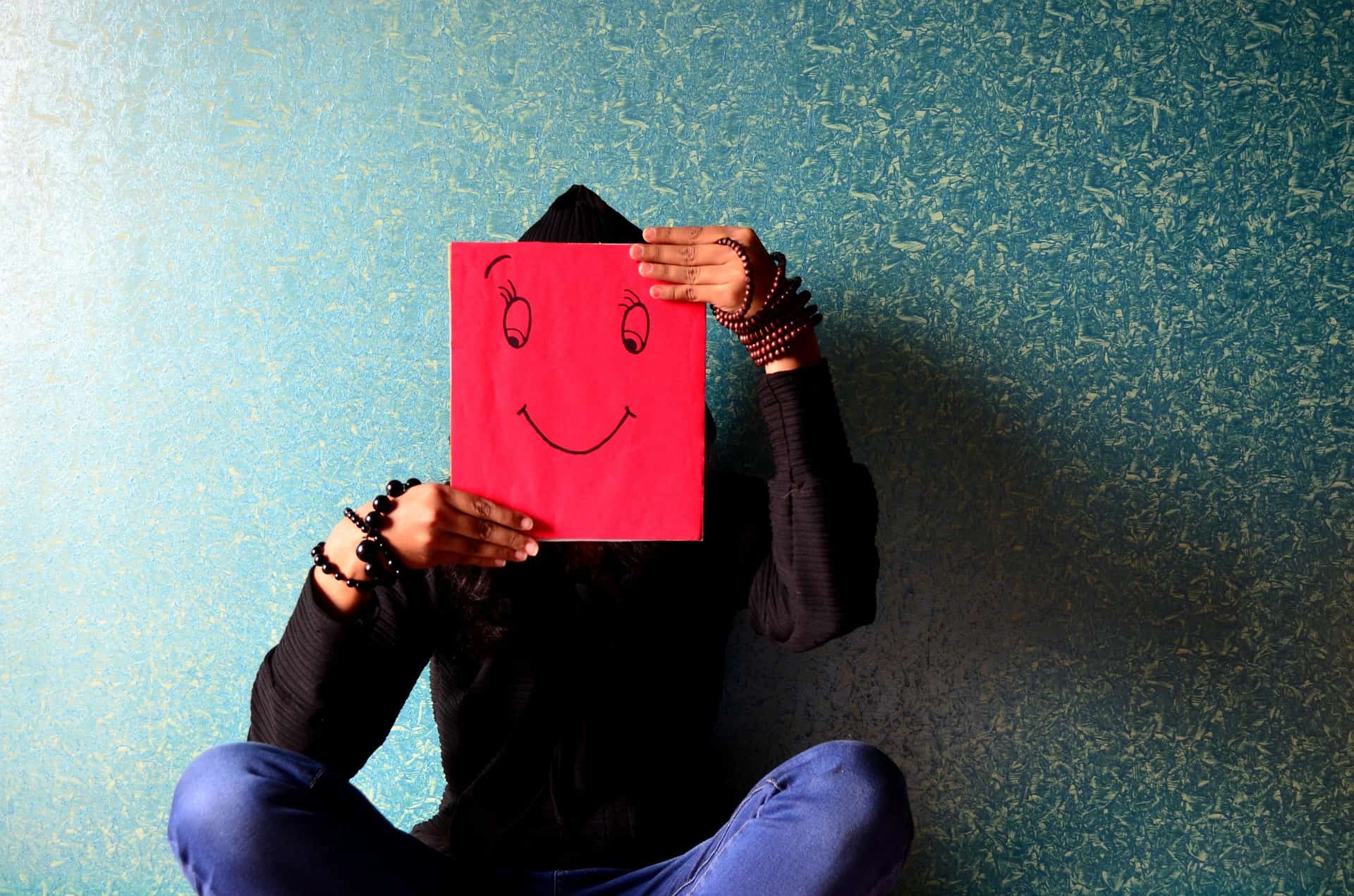I put on my best I’m-really-listening-face, sitting in an old, kind of gross, white-ish wingback chair. My friend sits opposite on another identical chair. As I nurse a glass of nice Scotch, I notice the ends of the armrests, stained mysteriously gray from hours of Jesuit high-school-teacher-sullied hands resting there while watching TV, or talking, like my friend and I are doing now. God only knows what has worn its way into that upholstery.
I’m at the edge of my seat, legs crossed, leaning forward with my elbow on the armrest and my hand supporting my head looking intently at my friend. We are having a civil discussion. I find myself challenging him a bit about how he deals with emotions.
“You’re a bit off with your criticism,” he responds, “sometimes people let defensive emotions get the best of them when evaluating things or hearing critical feedback.” With some sort of tricky verbal Jiu Jitsu, I get the hint: I’m the one being challenged.
“So, are you saying I let emotions influence me too much?” I ask, setting down my Scotch.
“Well, do you sometimes let emotions influence you too much?” More verbal Jiu Jitsu. Okay, I can play this game.
“I get the point you’re making, but why do you feel like you have to tell me I let my emotions influence me too much?” My body starts to tense-up. I begin my sophisticated rebuttal, making points with all the well-reasoned arguments I can muster.
I feel like I’m on a role. And, when I’ve almost reached the top of my soap box, I look at him and see a little smile and snicker creep across his face. I abruptly stop. Who does he think he is, laughing at me? Now I’m upset. Feeling disrespected.
Indignant, I pause. Me, being so dramatic, I look down, then I look back up. “Why are you laughing right now?”
“I’m just smiling, what’s wrong with smiling?”
“No, you’re laughing. It seems like you’re laughing … are you?” I push. I’ve forgotten about my nice Scotch. I’ve been wronged. Justice must be served.
“Yeah maybe a little, a little bit laughing.” The corners of his mouth curving up and my insides are starting to broil.
“It makes me feel like you’re not taking me seriously and don’t respect me,” I retort. “Why would you do that?!”
“It’s just that,” his smirk finally fading a bit as my emotions start to peek out, “you get worked up like this sometimes and it’s a little funny.”
At this point I’m boiling, twitching like an angry CNN political commentator. “Well, it just bothers me!”
“Okay,” he replies.
***
I admit, I was a bit worked up and defensive in this conversation. Moreover, my friend is not a disrespectful jerk. He is brilliant, honest, and caring, and in fact, one of the things I love the most: he is one of the few people who can support me while challenging me when necessary.
This is not the first time I’ve found myself upset so quickly in a conversation. And strangely, it’s usually with people I’m close with. I’ve begun to sense something deeper I need to pay attention to: there are certain beliefs about my own identity and place in the world — such as being smart, capable, or emotionally secure — that I hold onto to reinforce my own insecurities. These reinforcements are the images I maintain to show others, and myself, that I am worth paying attention to, that I mean something, that I am lovable. So, when someone begins to pick at one of these treasured qualities, I feel threatened.
As much as I would like validation for who I think I should be, God loves me anyway, no matter who I am. When I forget God’s love it is my pride that holds me up; a pride that seeks out love merely because I’m interesting or intelligent. But that pride is not God.
What was unique about this interaction with my friend was my ability to see through my own defensiveness and pride to uncover a gift. He was not trying to threaten me with his gentle criticism. He respected me enough to offer his honesty, and loved me when I couldn’t do so myself. His annoying little snicker revealed a friendship not based on the fortifying qualities I lean on to lift myself up in the world. It is a friendship rooted in some other unrestricted reality. While I tried being completely put together for others and myself, he didn’t expect that of me, and he could even laugh about it. His unreserved acceptance helped me accept myself.
When I am old, tucked away and no longer interesting or intelligent for most people, God’s love will be there, just as my friend’s love will be, and nothing can take that away. Through God’s love I am free to be me wherever and whenever. I hope to always have friends who, with God’s grace, will stick with me as I learn to accept their love and my own. And I pray I can do so for others.


